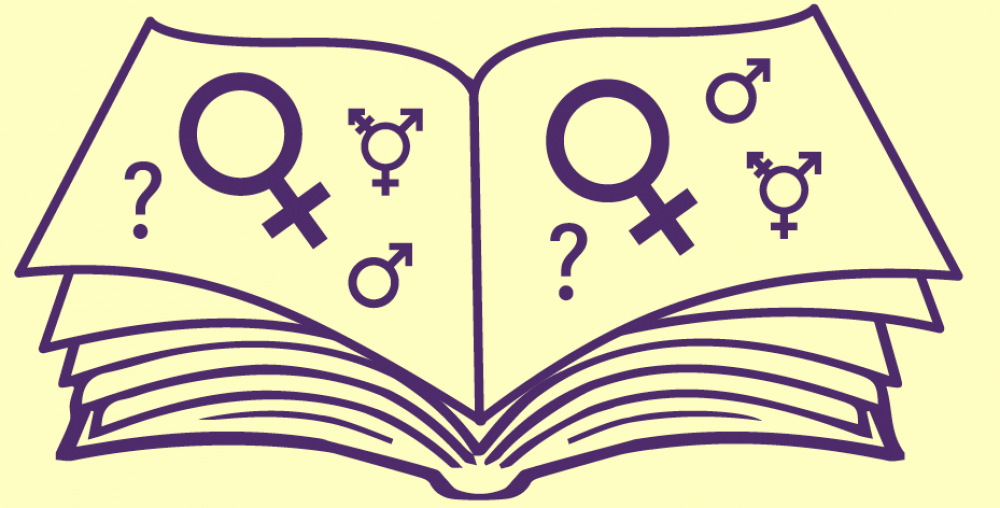Mrs. Willard is the “ideal and proper” woman by the mid-20th century description of what a woman is. She is a housewife of a university professor and her sole purpose is to take care of her husband, son and house. Mrs. Willard does not mind being a wife who cooks breakfast and dinner for her husband and also cleans dishes and the house. She likes those things so much that she would take the time to braid a rug out of strips of wool from her husband’s old suits that in a few days would be so dirty that no one would be able to differentiate it from other rugs. Mrs. Willard was not always a housewife. Matter of fact, before her marriage to her husband, Mrs. Willard had a career as a teacher in a private school; however she soon left that career to be a housewife (Plath ). She is very traditional when it comes to male and female roles in society. On page 71 of The Bell Jar, Esther mentioned Mrs. Willard’s view when it comes to male and female virginity and how she stared hard at her on one visit to see whether she was a virgin or not.
As I mention before Mrs. Willard is the “proper” femininity but Esther does not respect her for it. She does not value marriage like Mrs. Willard does because Esther says: “So I began to think maybe it was true that when you were married and had children it was like being brainwashed” on page 85 of The Bell Jar. What she means is that all the wives do is cleaning, cooking and staying home, they forget about the life they had before marriage. She thinks it is “a dreary and wasted life for a girl with fifteen years of straight A’s” meaning is it is a waste of time to have gone to school and university then spend the rest of life cleaning and cooking, therefore wasting time doing nothing worthwhile.
I can understand where Esther is coming from about her statements of marriage because back in the days that was the norm but today it is totally different; people have a choice mostly whether they get married or not. However, I disagree with Esther about family life being a waste of time because caring and nurturing a family is not an easy task; a woman does a lot to take care of a family.
Plath , Sylvia. “The Bell Jar.” London: Harper Perennial, 1963. 71, 84-85.



